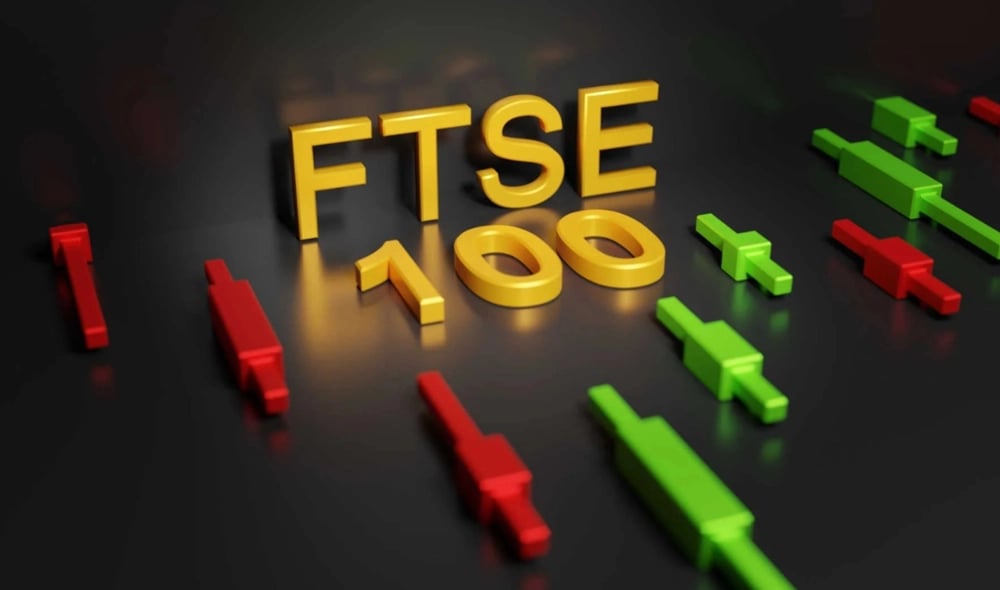Related Articles
Eli Lilly Expands Cardiometabolic Portfolio with $1.3 Billion Verve Therapeutics Deal
U.S.-based pharmaceutical major Eli Lilly and Co. $LLY has entered into a definitive agreement to acquire Verve Therapeutics Inc. $VERV, a clinical-stage biotech innovator focused on gene-editing therapies aimed at reducing low-density lipoprotein cholesterol (LDL-C), often labeled as “bad” cholesterol. The deal, valued at up to $1.3 billion, will see $1 billion paid upfront, with an additional $300 million contingent on clinical milestones. The acquisition underscores Eli Lilly’s intent to broaden its presence in the fast-growing cardiometabolic therapeutics sector, complementing its existing pipeline in diabetes, obesity, and cardiovascular health.
Trump–Starmer Trade Pact Eases Tariffs on UK Autos and Aerospace
On the sidelines of the G7 Summit in Canada, U.S. President Donald Trump and UK Prime Minister Keir Starmer signed a limited trade agreement aimed at reducing specific tariffs between the two economies. The deal, which comes as both nations work toward a broader bilateral trade pact, notably removes U.S. import duties on British aerospace products and reaffirms existing tariff quotas on UK-made automobiles.
KKR Acquires Zenith Energy Amid Strategic Infrastructure Expansion
KKR & Co. Inc. $KKR has finalized the acquisition of Zenith Energy, an Australian provider of autonomous electricity systems, from a consortium comprising Pacific Equity Partners, OPSEU Pension Trust, and Foresight Group Holdings Ltd. $FSG.L. While the transaction value was undisclosed, it follows AUD 1.9 billion (USD 1.2 billion) in debt refinancing, which has positioned Zenith with more than AUD 1 billion in new capital to support future development. This investment will be made through KKR’s Asia Pacific Infrastructure Investors II fund, signaling the firm’s continued expansion into asset-heavy, cash-generating sectors across the region.




This dip could signal a critical turning point for the FTSE 100’s momentum.
The end of the FTSE 100 winning streak might just be the wake-up call investors needed.